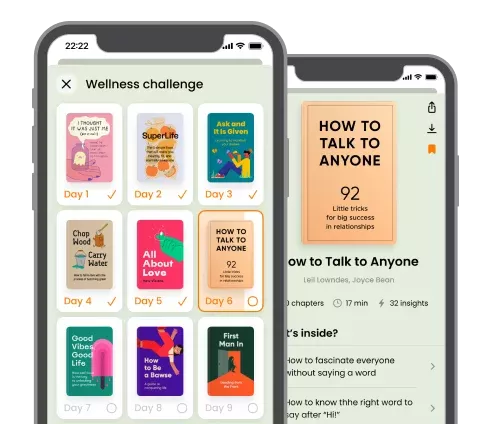13 Best Data Science Books
Looking for the best data science books? Explore our comprehensive collection of insightful and practical guides to enhance your skills.
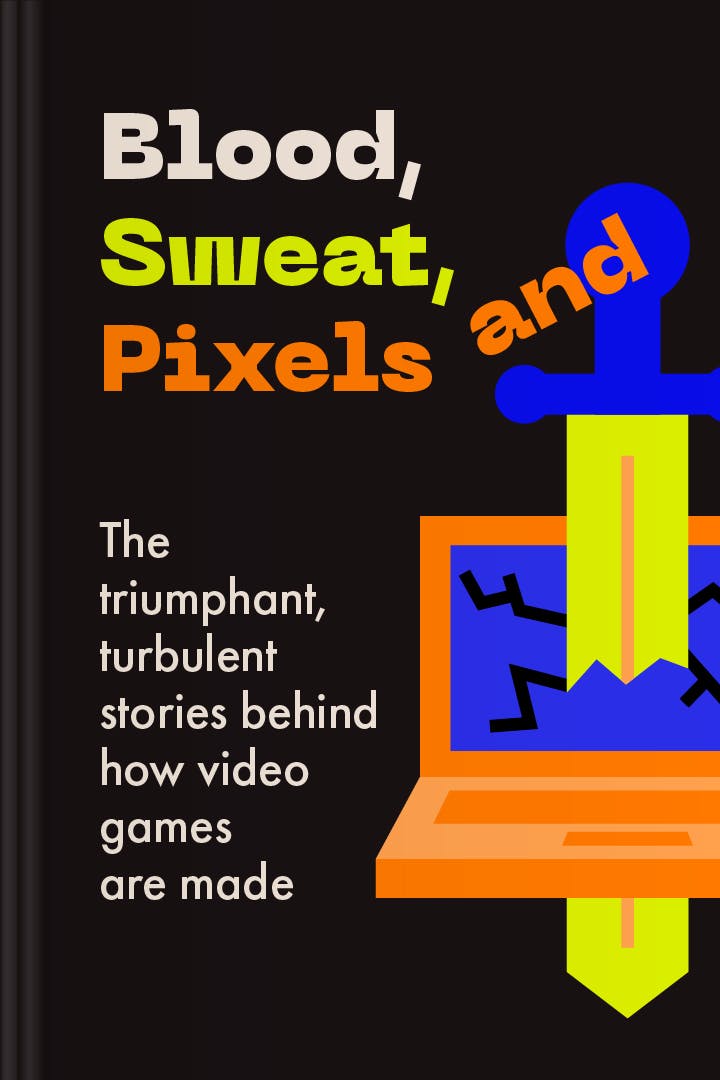 1
1Blood, Sweat, and Pixels
by Jason Schreier
What is Blood, Sweat, and Pixels about?
In this captivating book, Jason Schreier delves into the fascinating world of video game development, uncovering the untold stories of the triumphs and challenges faced by game creators. From the grueling crunch periods to the unexpected hurdles, "Blood, Sweat, and Pixels" offers an inside look at the relentless dedication and passion required to bring beloved video games to life. Schreier's engaging narrative sheds light on the often turbulent journey behind the scenes of the gaming industry.
Who should read Blood, Sweat, and Pixels
Gamers and video game enthusiasts interested in the behind-the-scenes stories of their favorite games.
Aspiring game developers seeking insights into the challenges and triumphs of the industry.
Anyone curious about the creative process and the dedication required to bring video games to life.
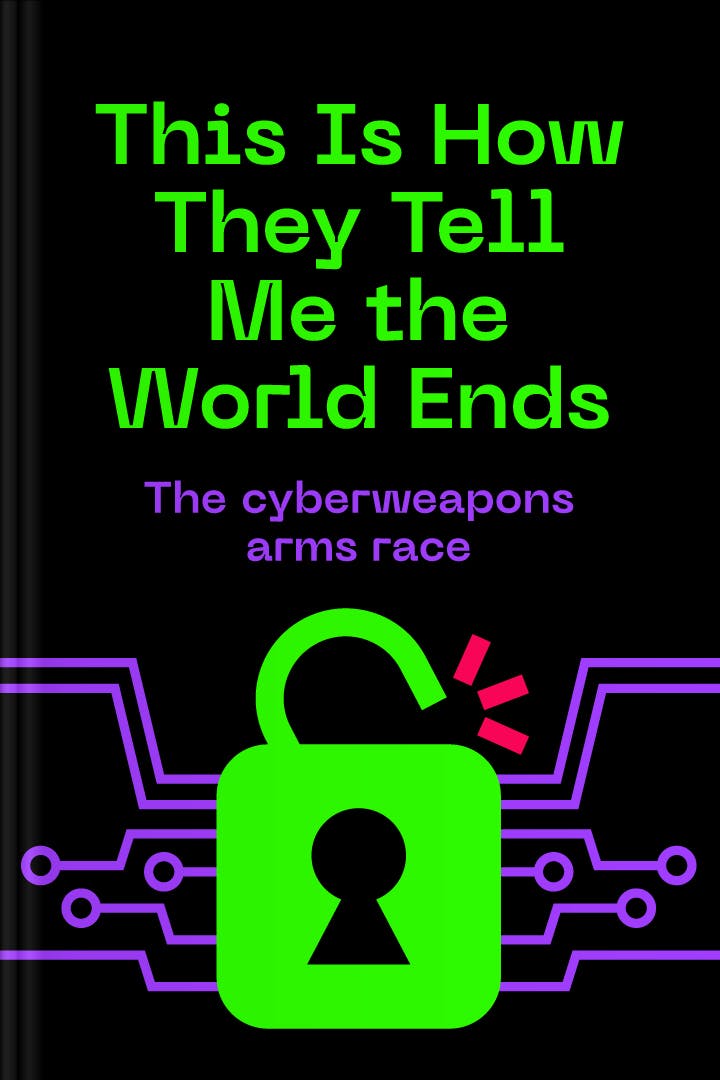 2
2This Is How They Tell Me the World Ends
by Nicole Perlroth
What is This Is How They Tell Me the World Ends about?
In this gripping exposé, investigative journalist Nicole Perlroth delves into the secretive world of cyber warfare. She uncovers the alarming reality of the cyber-weapons arms race, where governments and hackers alike exploit vulnerabilities to gain power and control. With meticulous research and firsthand accounts, Perlroth reveals the catastrophic consequences of this escalating global conflict, shedding light on the urgent need for cybersecurity measures to protect our increasingly interconnected world.
Who should read This Is How They Tell Me the World Ends
Cybersecurity professionals seeking insights into the evolving cyber-weapons landscape.
Government officials responsible for national security and defense strategies.
Technology enthusiasts interested in the dark side of digital warfare.
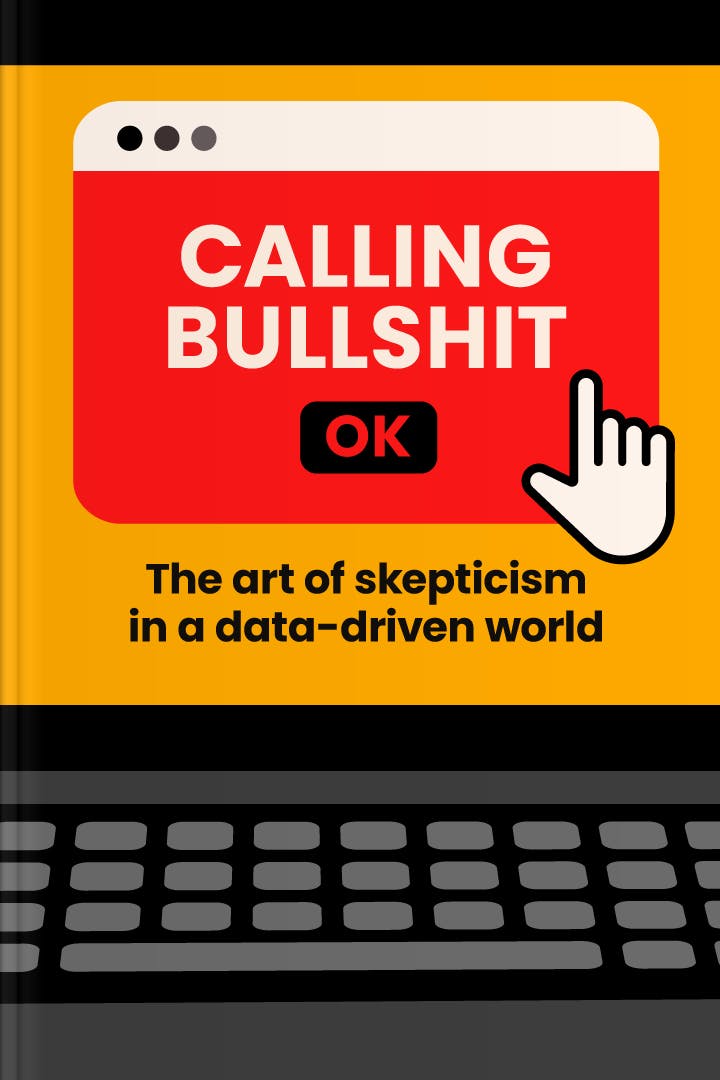 3
3Calling Bullshit
by Carl T. Bergstrom & Jevin D. West
What is Calling Bullshit about?
"Calling Bullshit: The Art of Skepticism in a Data-Driven World" is a thought-provoking book that equips readers with the tools to navigate the overwhelming amount of misinformation in today's data-driven society. Written by two renowned experts, the book explores the art of skepticism, teaching readers how to critically analyze and debunk misleading claims, false statistics, and deceptive arguments. With practical examples and insightful guidance, this book empowers individuals to become more discerning consumers of information.
Who should read Calling Bullshit
Students and educators seeking to develop critical thinking skills.
Professionals working with data who want to detect misinformation.
General readers interested in understanding and navigating a data-driven world.
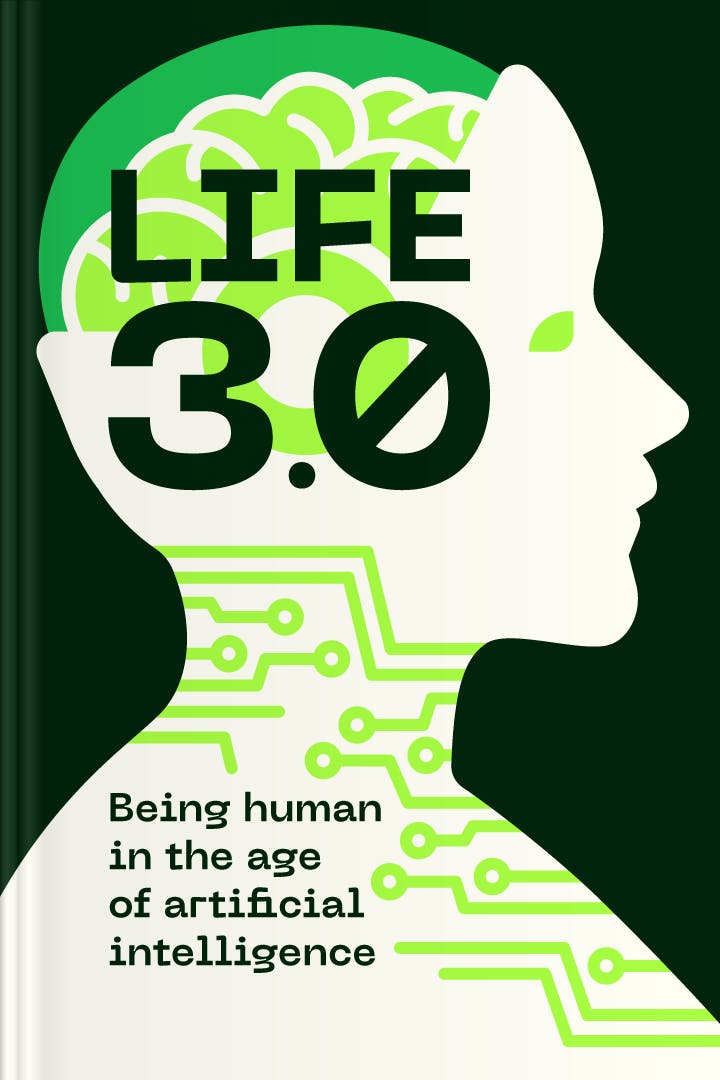 4
4Life 3.0
by Max Tegmark
What is Life 3.0 about?
In this thought-provoking book, Max Tegmark explores the profound impact of artificial intelligence (AI) on humanity. Tegmark delves into the potential benefits and risks of AI, discussing its implications on work, warfare, and even our understanding of consciousness. With a blend of scientific expertise and philosophical insights, "Life 3.0" challenges readers to contemplate the future of AI and its role in shaping our existence as humans in this rapidly advancing technological era.
Who should read Life 3.0
Technology enthusiasts seeking to understand the potential of artificial intelligence.
Philosophers and ethicists exploring the implications of AI advancements.
General readers curious about the impact of AI on humanity.
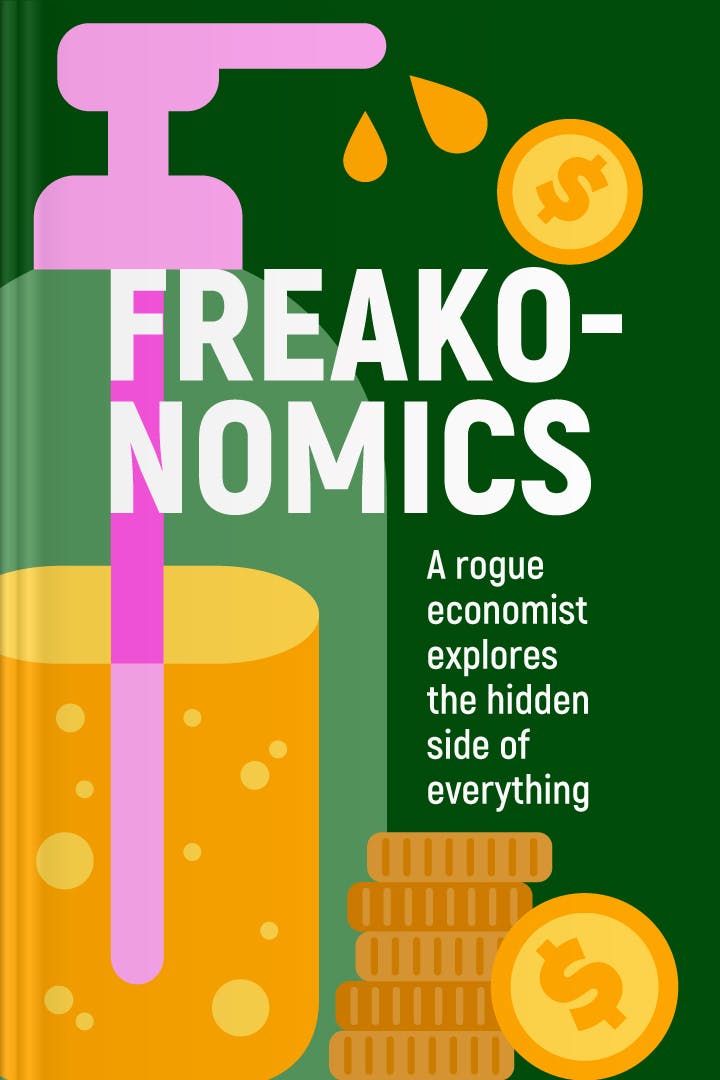 5
5Freakonomics
by Steven D. Levitt, Stephen J. Dubner
What is Freakonomics about?
In this thought-provoking book, an unconventional economist delves into the unexpected connections between seemingly unrelated phenomena. Levitt and Dubner explore the hidden side of various aspects of life, from crime rates and parenting techniques to the impact of names on success. With their unique blend of economics and storytelling, they challenge conventional wisdom and shed light on the surprising forces that shape our world. Prepare to have your assumptions challenged and your perspective on everyday life transformed.
Who should read Freakonomics
Economics enthusiasts seeking unconventional insights into everyday phenomena.
Curious individuals interested in understanding the hidden forces shaping society.
Anyone looking for a thought-provoking exploration of the unexpected connections in life.
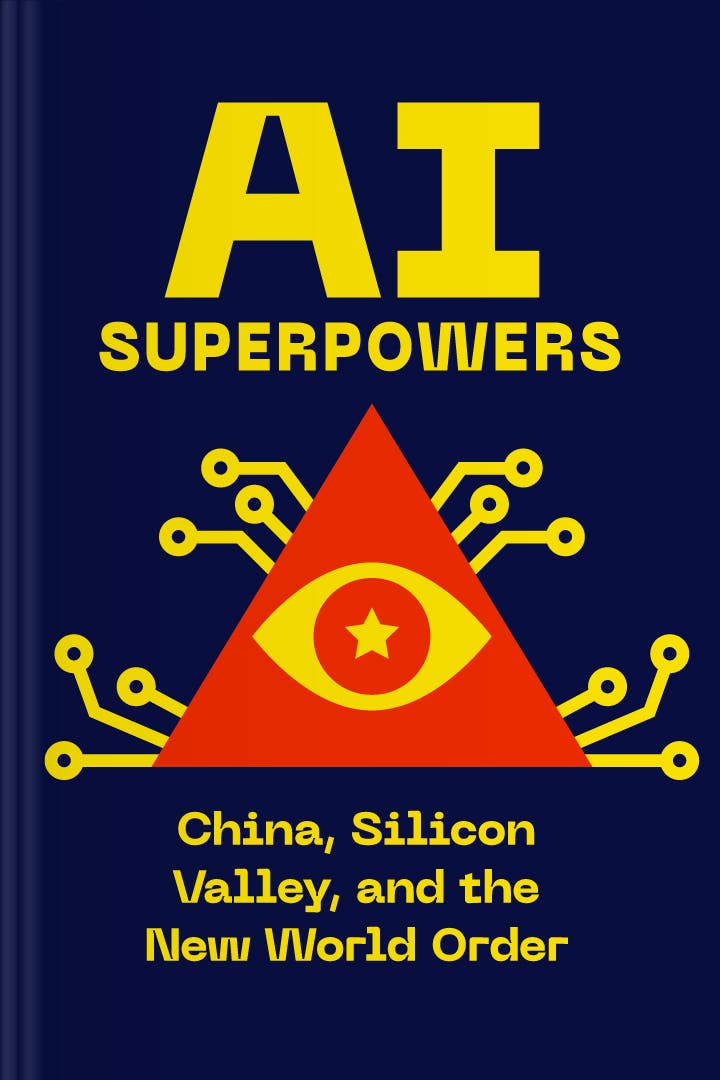 6
6AI Superpowers
by Kai-Fu Lee
What is AI Superpowers about?
In this thought-provoking book, the author delves into the rise of artificial intelligence (AI) and its impact on the global economy. Exploring the contrasting approaches of China and Silicon Valley, Kai-Fu Lee provides an insider's perspective on the race for AI dominance. With a blend of personal anecdotes and expert analysis, he highlights the potential consequences of this technological revolution, including job displacement and societal shifts, while offering insights into how we can navigate this new world order.
Who should read AI Superpowers
Technology enthusiasts interested in the global AI landscape.
Business leaders seeking insights into AI's impact on industries.
Policy makers and researchers studying AI's geopolitical implications.
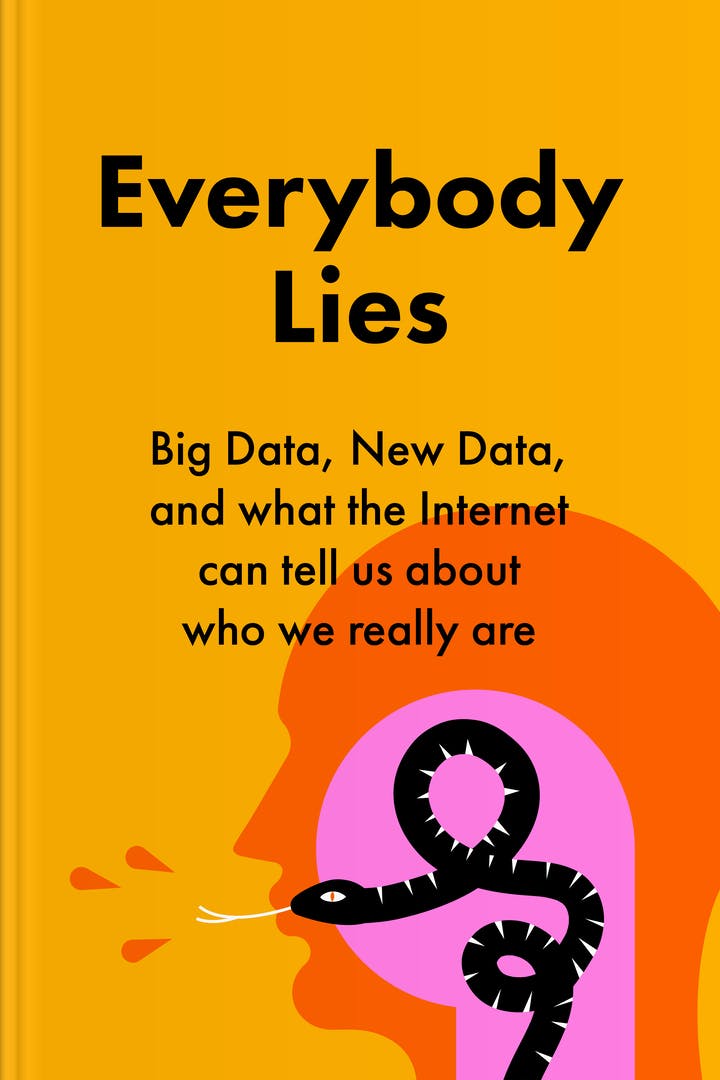 7
7Everybody Lies
by Seth Stephens-Davidowitz
What is Everybody Lies about?
In this thought-provoking book, the author explores the hidden truths about human behavior that can be uncovered through analyzing big data from the internet. By delving into the vast amount of information people share online, Stephens-Davidowitz reveals surprising insights into our deepest desires, fears, and prejudices. From uncovering the real reasons behind our Google searches to exposing societal biases, this book offers a fascinating glimpse into the true nature of humanity as revealed by the internet.
Who should read Everybody Lies
Data enthusiasts and researchers interested in uncovering hidden truths about human behavior through big data analysis.
Psychologists and sociologists seeking to gain insights into human nature and societal trends using internet data.
Individuals curious about the untold stories and secrets revealed by analyzing internet search data.
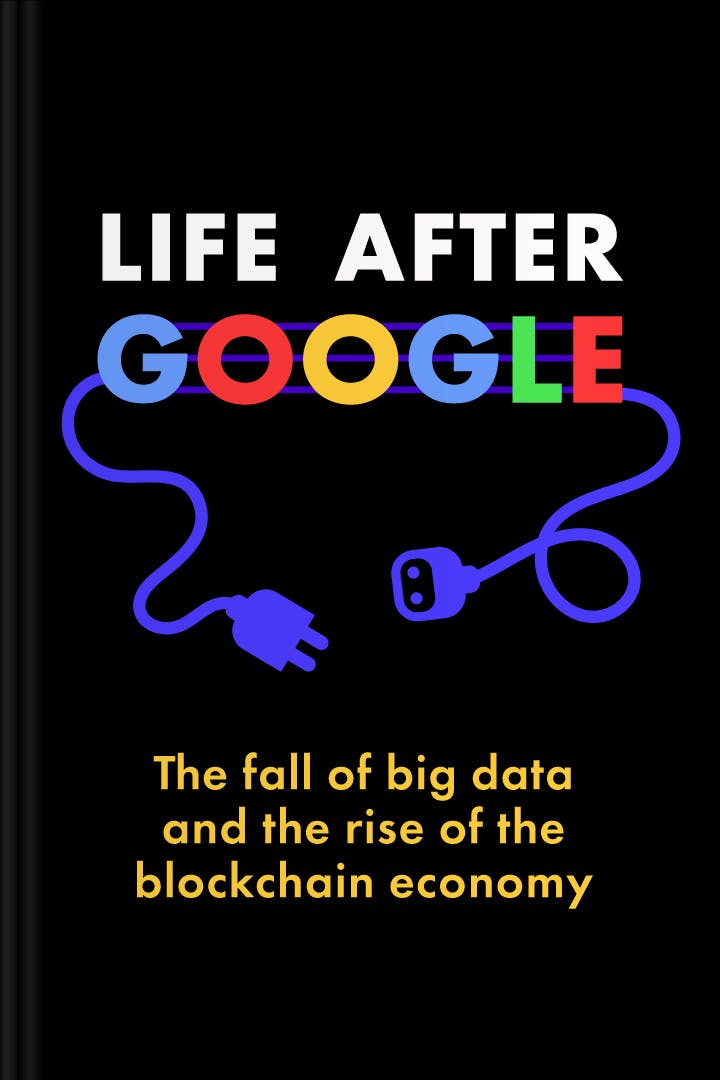 8
8Life After Google
by George Gilder
What is Life After Google about?
In this thought-provoking book, the author explores the future of technology and its impact on our lives. He argues that the era of big data and centralized control is coming to an end, and a new era of decentralized, blockchain-based systems is emerging. With insightful analysis and predictions, the book delves into the potential consequences of this shift, offering a compelling vision of a future where individuals regain control over their data and the economy is transformed.
Who should read Life After Google
Technology enthusiasts seeking insights into the future of data and blockchain.
Entrepreneurs and business leaders interested in the potential of blockchain technology.
Individuals curious about the impact of big data and blockchain on society.
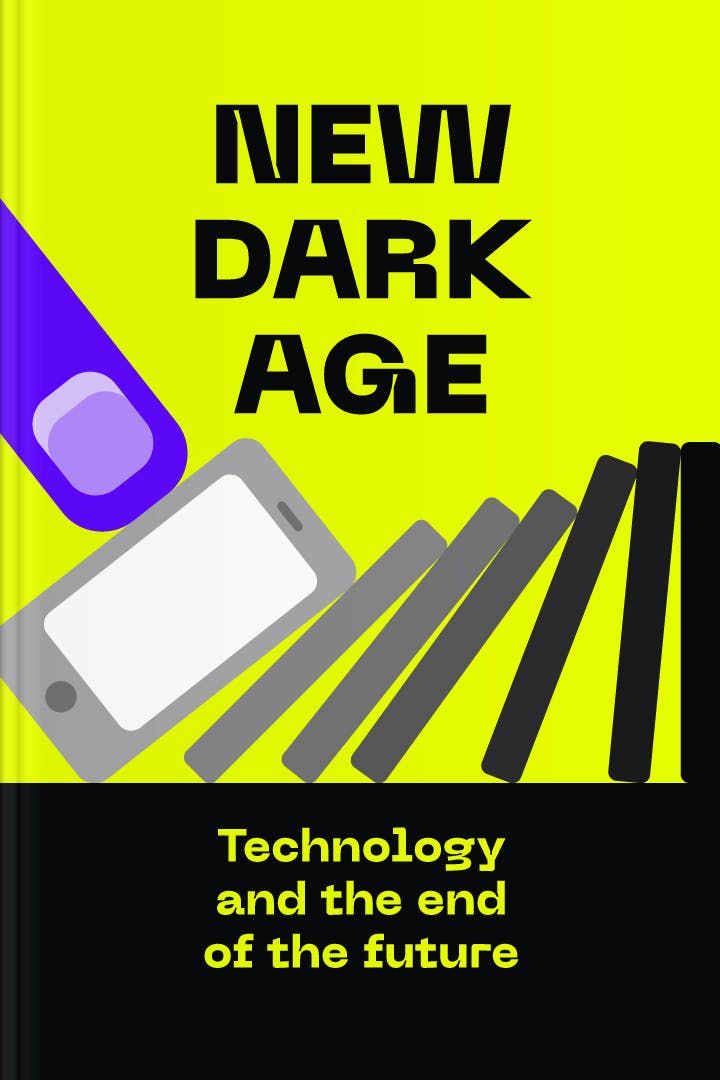 9
9New Dark Age
by James Bridle
What is New Dark Age about?
In "New Dark Age," James Bridle explores the complex relationship between technology and society, shedding light on the potential consequences of our increasing reliance on digital systems. Bridle delves into topics such as artificial intelligence, climate change, and surveillance, urging readers to critically examine the impact of technology on our lives. With thought-provoking insights, the book challenges our assumptions about progress and offers a sobering reflection on the future we are creating.
Who should read New Dark Age
Technology enthusiasts seeking a critical examination of its implications.
Futurists and philosophers exploring the consequences of technological advancements.
Policy makers and educators interested in understanding the impact of technology on society.
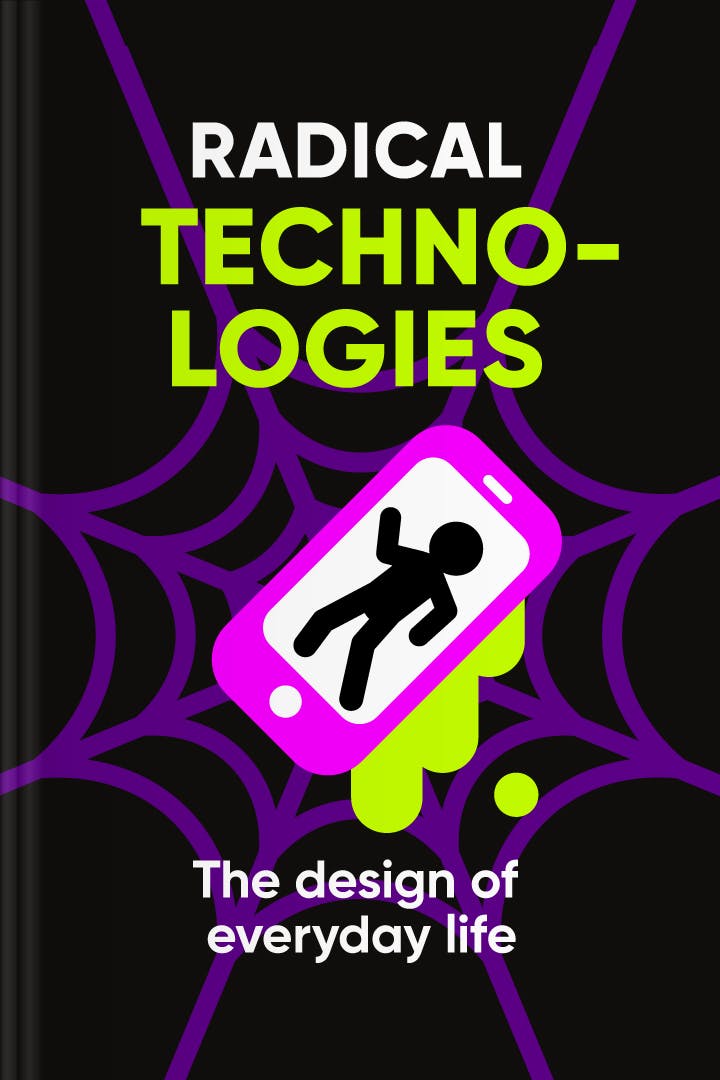 10
10Radical Technologies
by Adam Greenfield
What is Radical Technologies about?
"Radical Technologies: The Design of Everyday Life" by Adam Greenfield explores the impact of emerging technologies on our daily lives. From smartphones and social media to artificial intelligence and virtual reality, Greenfield delves into the ways these technologies shape our behavior, relationships, and society as a whole. With a critical lens, he examines the potential consequences and challenges posed by these radical technologies, urging readers to question their role in our lives and consider the future implications.
Who should read Radical Technologies
Technology enthusiasts seeking a critical analysis of modern innovations.
Designers and engineers interested in the social impact of technology.
Individuals concerned about the implications of technology on society.
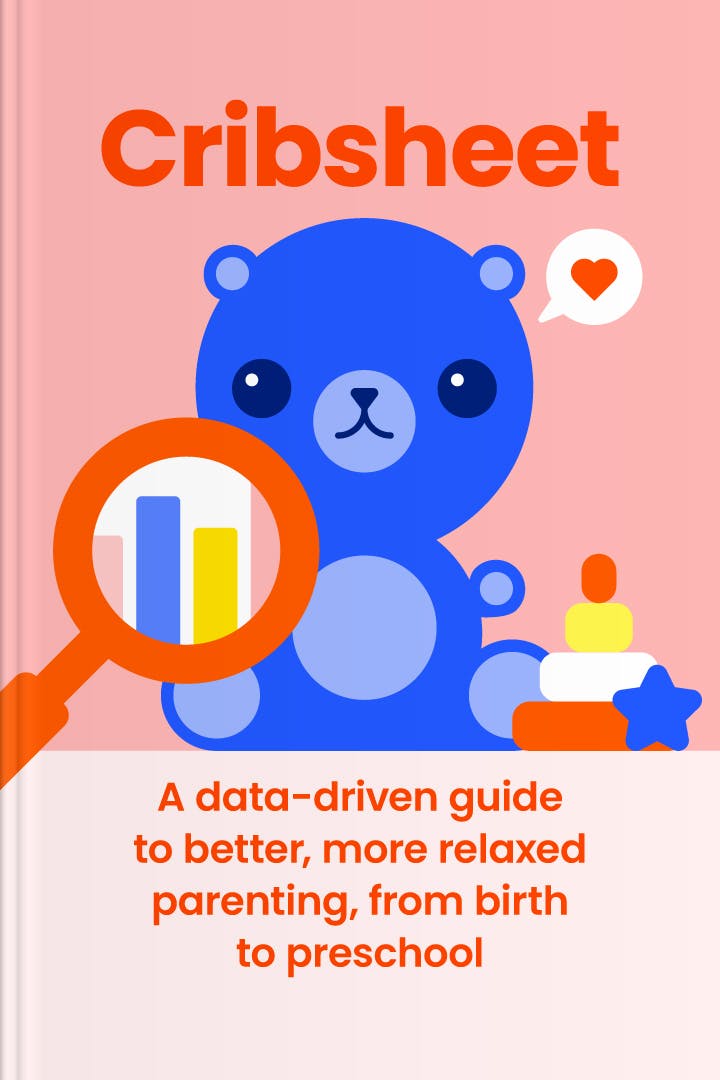 11
11Cribsheet
by Emily Oster, Ph.D.
What is Cribsheet about?
In this insightful guide, a renowned economist and mother, Emily Oster, presents a data-driven approach to parenting from birth to preschool. Using evidence-based research, Oster tackles common parenting dilemmas, such as breastfeeding, sleep training, and screen time, providing parents with practical advice and debunking popular myths. With a focus on empowering parents to make informed decisions, "Cribsheet" offers a refreshing perspective on raising children, promoting a more relaxed and confident parenting experience.
Who should read Cribsheet
Expectant parents seeking evidence-based advice for a smoother parenting journey.
New parents looking for data-driven insights to navigate early childhood.
Researchers and professionals interested in evidence-based parenting practices.
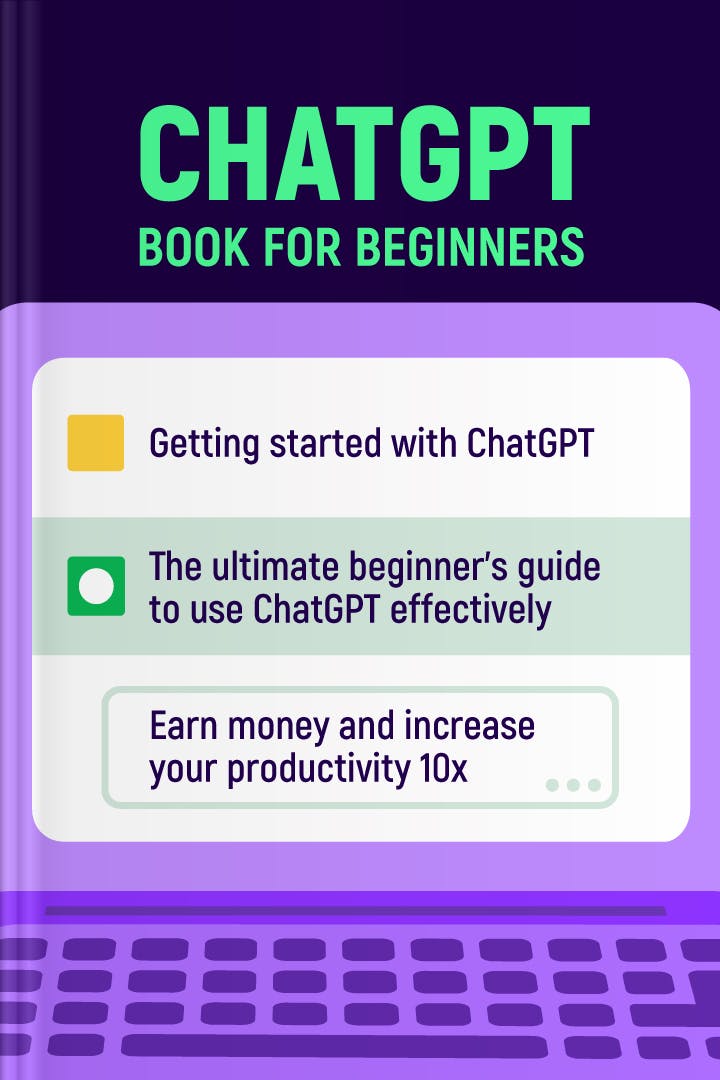 12
12CHATGPT BOOK FOR BEGINNERS
by Arsath Natheem
What is CHATGPT BOOK FOR BEGINNERS about?
This comprehensive beginner's guide introduces readers to ChatGPT, a powerful tool for enhancing productivity and earning money. Authored by Arsath Natheem, the book provides step-by-step instructions on effectively utilizing ChatGPT. From understanding its features to maximizing its potential, this guide equips readers with the knowledge and skills to make the most out of ChatGPT, ultimately boosting productivity and achieving financial success.
Who should read CHATGPT BOOK FOR BEGINNERS
Aspiring AI enthusiasts looking to explore the potential of ChatGPT.
Freelancers and professionals seeking to leverage ChatGPT for increased productivity.
Individuals interested in earning money through ChatGPT applications.
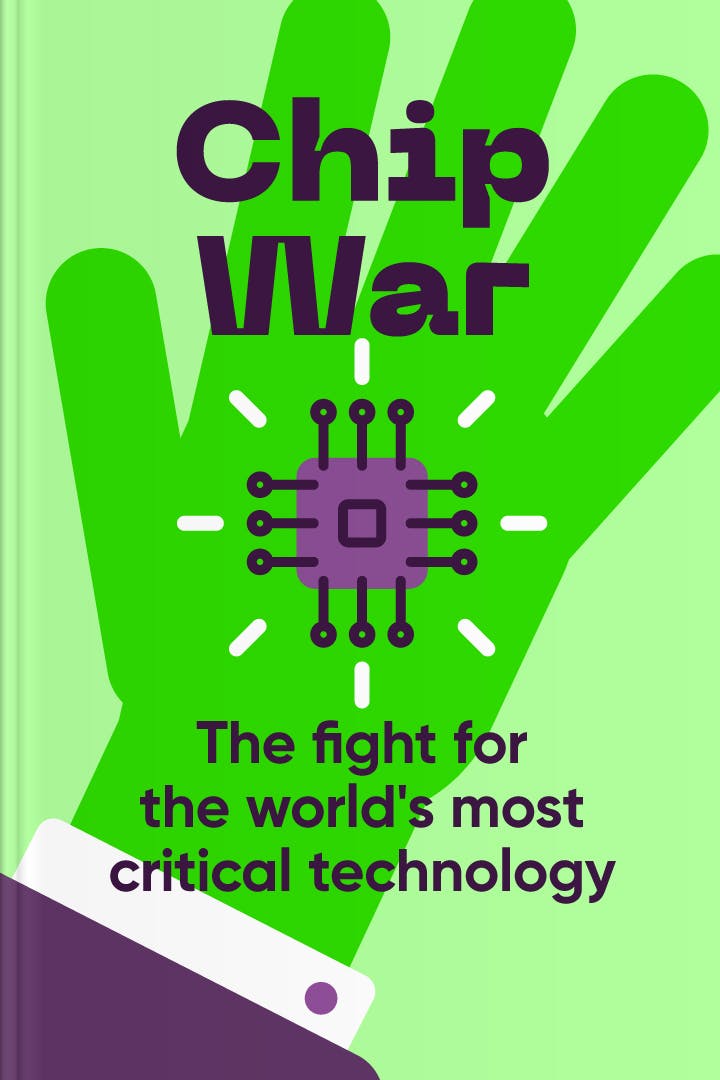 13
13Chip War
by Chris Miller, Prof.
What is Chip War about?
In this gripping and insightful book, Chris Miller, a renowned professor, delves into the intense battle for the world's most crucial technology. Exploring the high-stakes world of chip manufacturing, Miller uncovers the cutthroat competition between global powers, revealing the economic, political, and security implications at stake. With meticulous research and expert analysis, "Chip War" offers a compelling narrative that sheds light on the critical role of technology in shaping our modern world.
Who should read Chip War
Technology enthusiasts and professionals interested in the global chip industry.
Business leaders and investors seeking insights into the competitive chip market.
Students and researchers studying the impact of technology on global economies.
